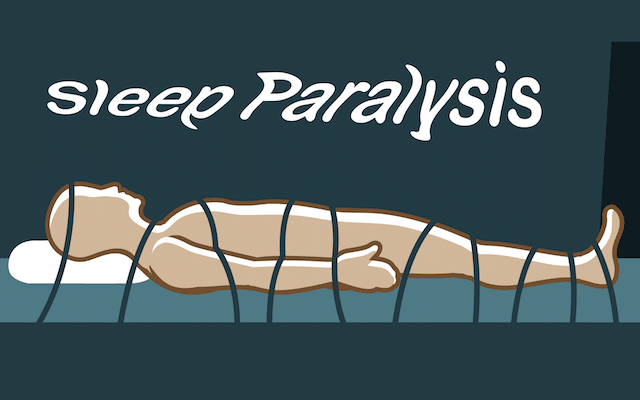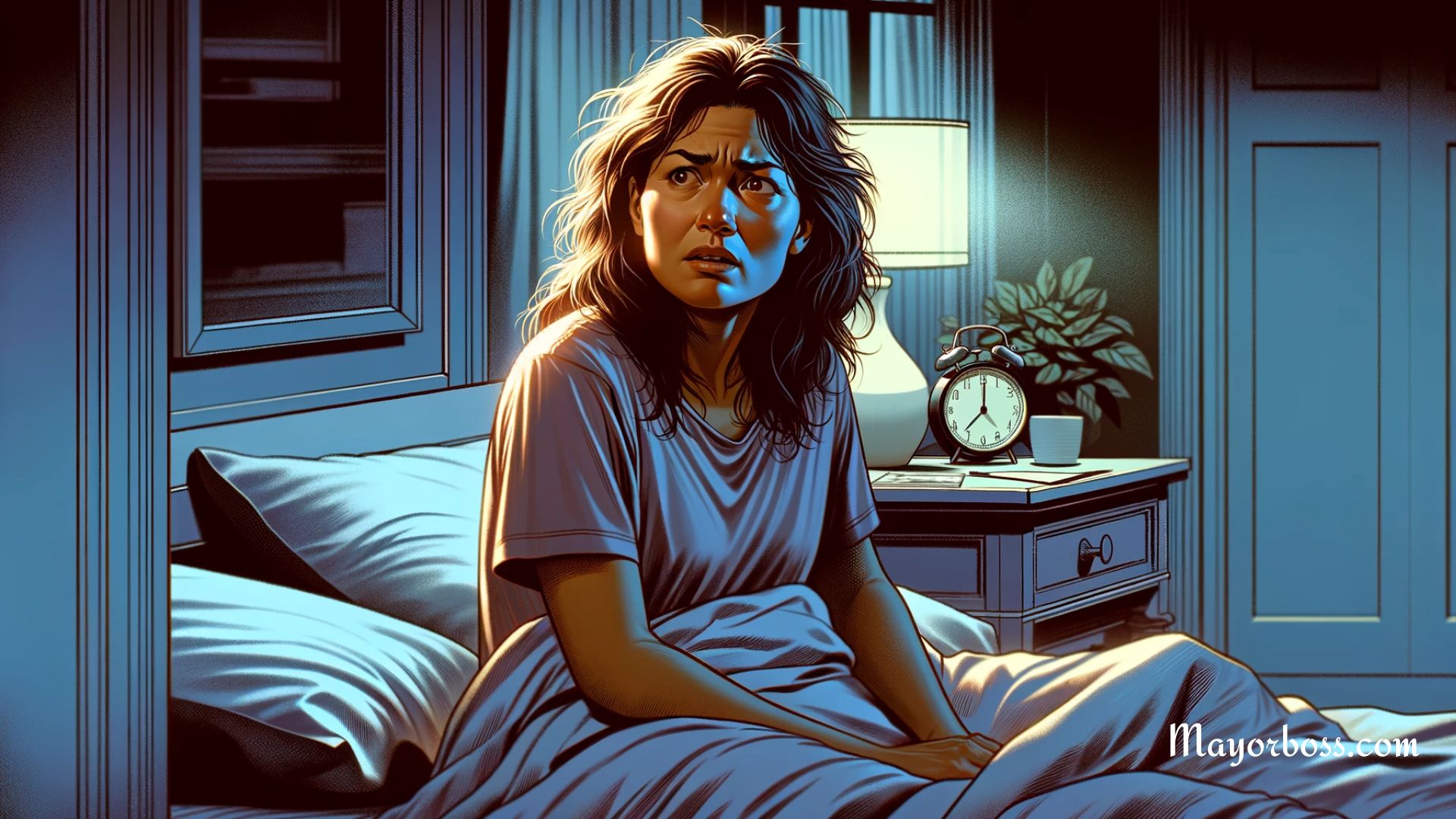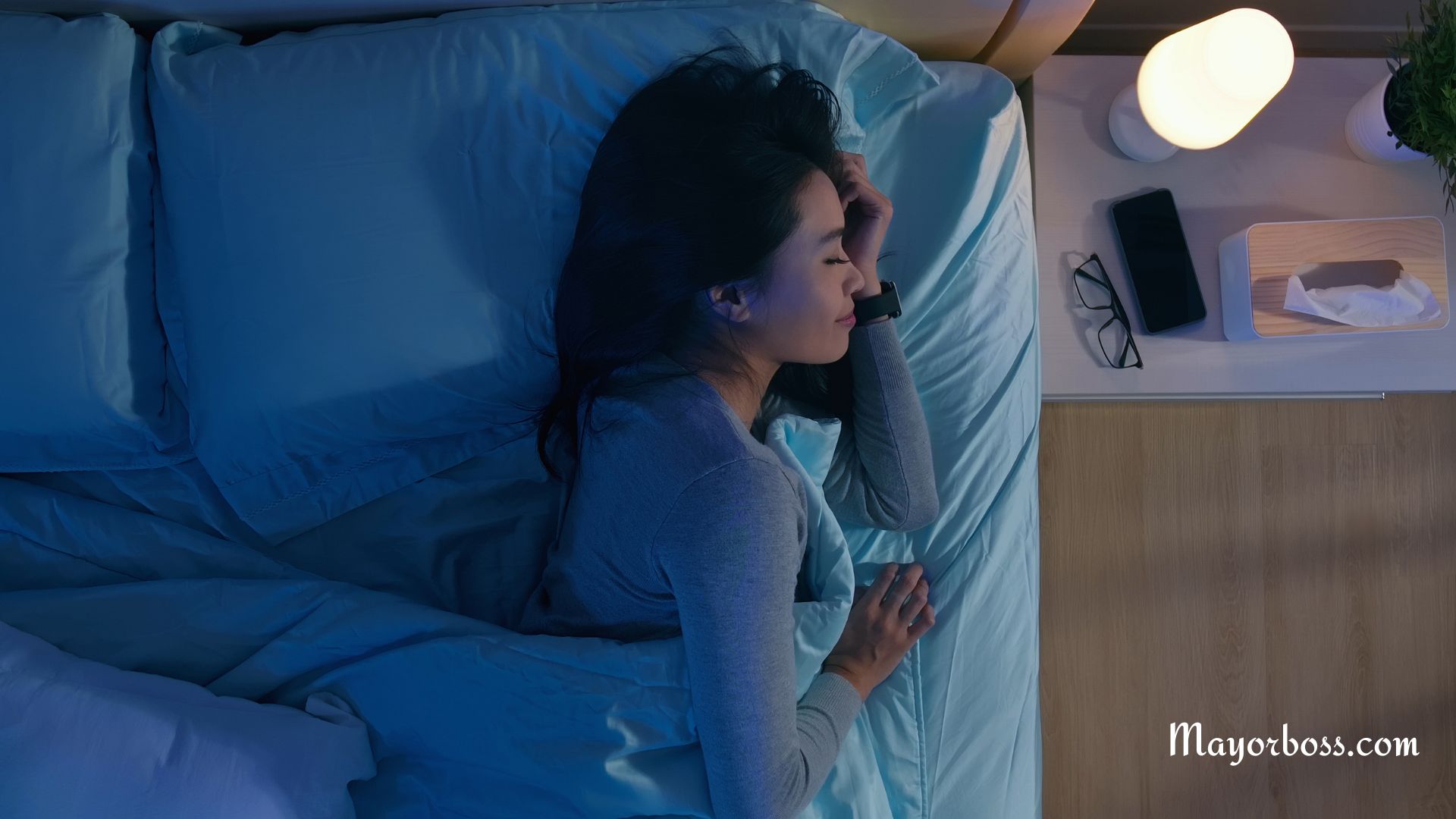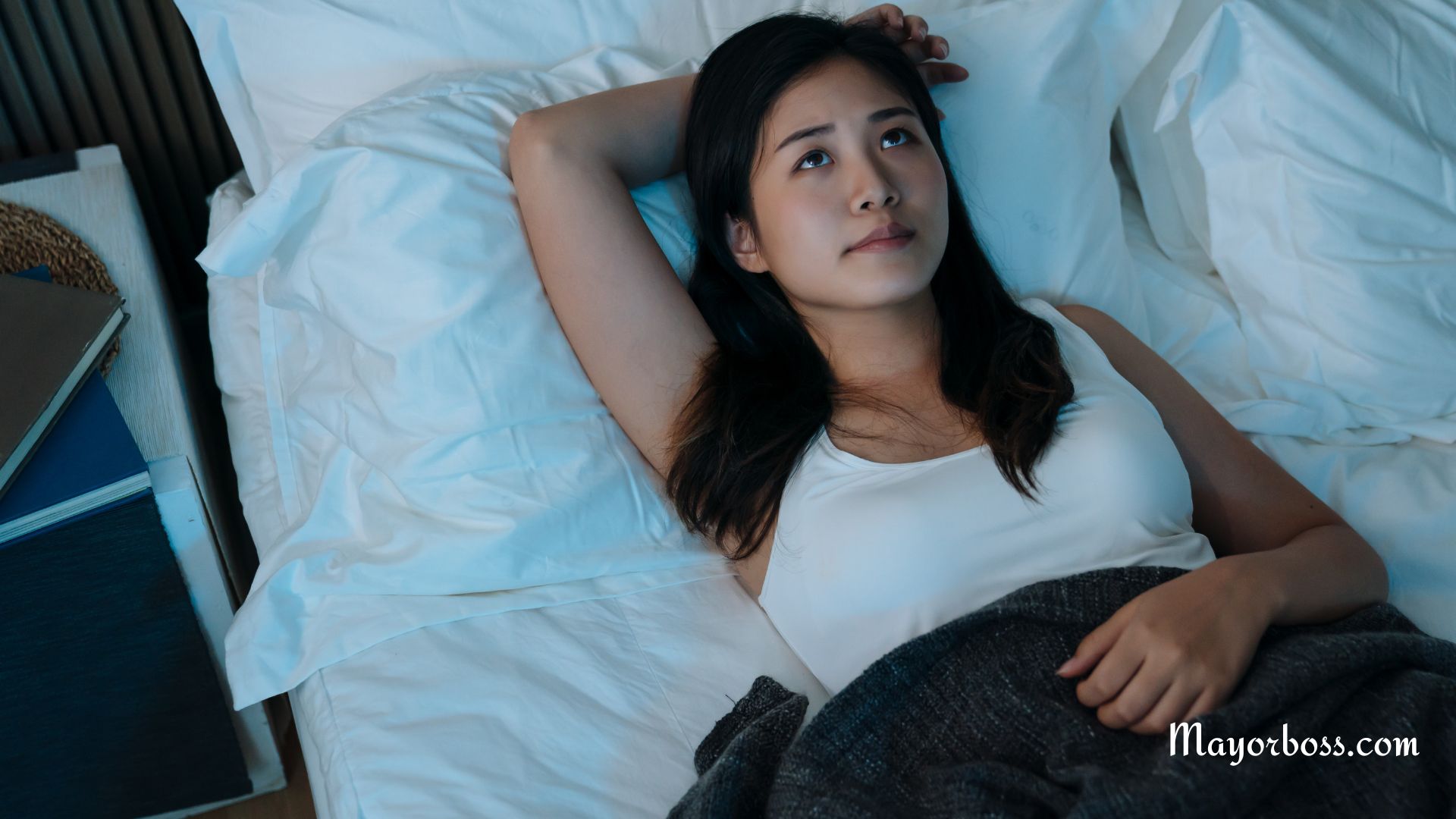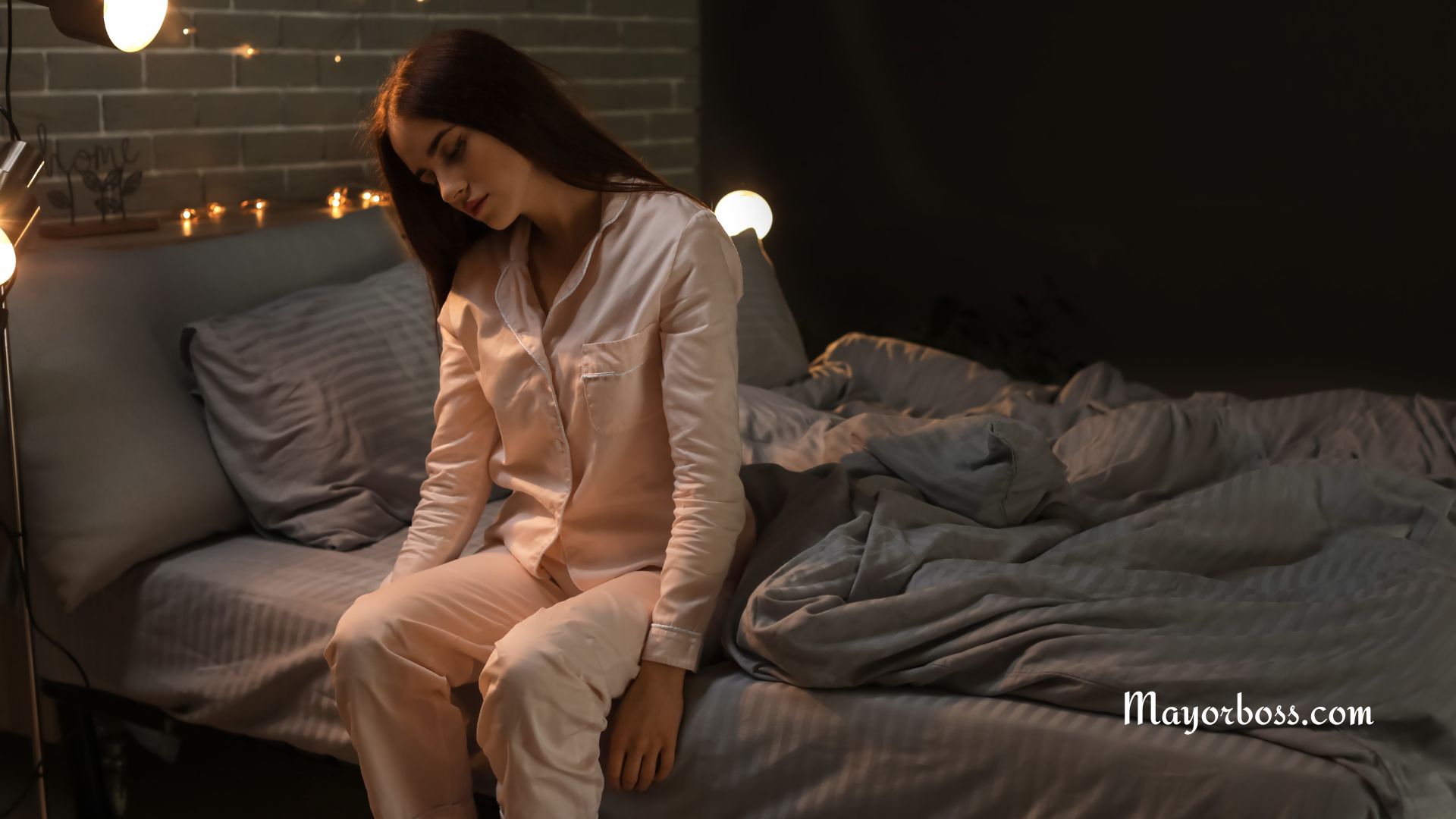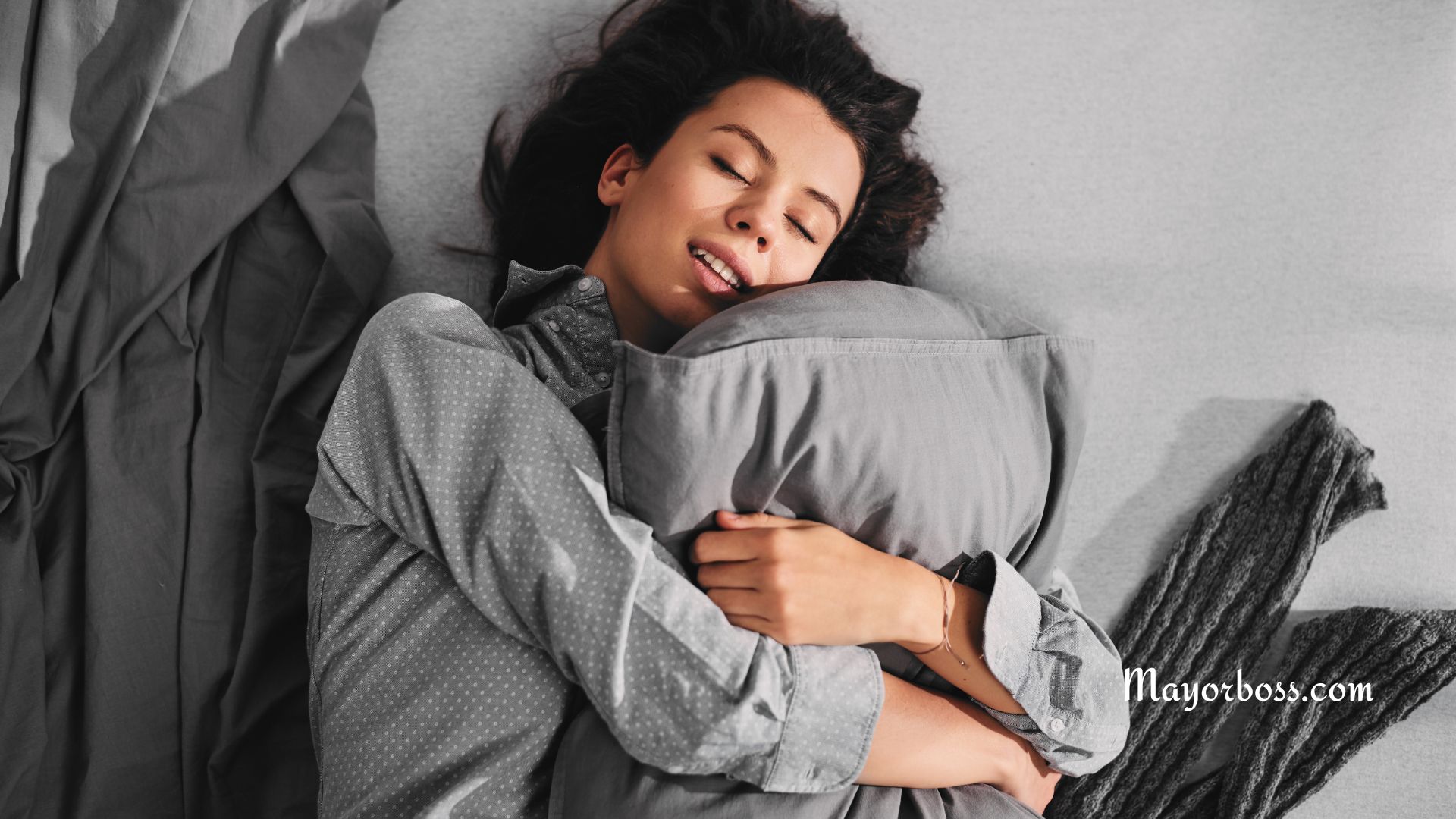How to Fall Asleep Quickly When You’re Feeling Anxious
Anxiety can wreak havoc on our daily lives, particularly when it comes to sleep. If you’ve ever laid awake at night with your mind racing, you know how frustrating it can be to struggle with anxiety-induced insomnia. But fear not!
This article will examine the effects of anxiety on the body and discuss what causes anxiety-induced insomnia. And also provide a step-by-step guide on how to fall asleep quickly when you’re feeling anxious.
By using relaxation techniques and other strategies, you can overcome this common problem and enjoy a peaceful night’s rest. Before we dive into our step-by-step guide, it’s crucial to understand how anxiety affects the body.
Understanding the Effects of Anxiety on the Body
When you’re feeling anxious, your body releases stress hormones like cortisol and adrenaline, which can increase your heart rate, tighten your muscles, and make it difficult for you to relax. This heightened state of arousal can make falling asleep seem nearly impossible.
Causes of Anxiety-Induced Insomnia
There are multiple factors that can contribute to anxiety-induced insomnia. Some common causes include:
- Stressful life events
- Chronic anxiety disorders
- Poor sleep habits
- Overconsumption of caffeine or other stimulants
The truth is, by identifying the basic cause of your anxiety and addressing it, you can take the first step toward overcoming your insomnia and falling asleep more easily.
Step-by-Step Guide: How to Fall Asleep Quickly When You’re Feeling Anxious
Step 1: Create a Relaxing Sleep Environment
First things first, you’ll want to make sure your sleep environment is conducive to relaxation. Keep your bedroom cool, dark, and quiet. Try to use blackout curtains, a white noise machine, or earplugs to block out any distractions.
You might also want to invest in a comfortable mattress and pillows, which are designed to provide optimal support and comfort for a good night’s sleep.
Step 2: Establish a Consistent Sleep Routine
Having a consistent sleep routine can signal to your body that it’s time to wind down and prepare for sleep. Try to go to bed and wake up at the same time every day, even on Saturday and Sunday.
You might also want to create a solid relaxing bedtime routine, like reading a book, journaling, listening to calming music, or practicing meditation, to help ease your mind and transition into sleep more easily.
Step 3: Turn Off your Screens Before Bed
The blue light emitted by screens on electronic devices can significantly suppress your body’s production of melatonin, a hormone that helps regulate sleep. To reduce the impact of blue light on your sleep, try to turn off all your screens at least two before bedtime.
Instead, engage in relaxing activities like reading, journaling, or taking a warm bath.
Step 4: Practice Deep Breathing and Relaxation Techniques
When you’re feeling anxious, deep breathing exercises and relaxation techniques can help calm your mind and body.
One popular method is the 4-7-8 breathing technique. To do this, simply inhale for four seconds, hold your breath for seven seconds, and then exhale slowly for eight seconds. Repeat this cycle several times to help ease your anxiety and prepare your body for sleep.
Another relaxation technique to consider is progressive muscle relaxation (PMR). Start by tensing a muscle group (such as your feet) for five seconds, and then relax the muscles for 15 seconds.
Gradually work your way up your body, tensing and relaxing your different muscle groups until you reach your head.
Further Reading: 3 Breathing Exercises to Help You Calm Down in Minutes
Step 5: Consider Natural Sleep Aids
If you’re still struggling to fall asleep, you might want to try some natural sleep aids. Some options include:
- Melatonin: This natural hormone can help regulate your sleep-wake cycle. Taking a melatonin supplement 30 minutes to an hour before bedtime might help you fall asleep more easily when you’re feeling anxious.
- Chamomile tea: This herbal tea has mild sedative properties and is known for its calming effects. Enjoying a cup of chamomile tea before bed can help you relax and drift off to sleep.
- Lavender: in particular, the scent of lavender has been shown to promote relaxation and enhance sleep quality. Consider using a lavender essential oil diffuser or a lavender-scented sleep mask to take advantage of its calming effects.
Remember to consult with your healthcare provider before trying any new supplements or sleep aids, especially if you’re currently taking medication or have a pre-existing health condition.
Step 6: Keep a Worry Journal
If your anxiety-induced insomnia is fueled by racing thoughts or worries, consider keeping a worry journal. Write down your concerns and any possible solutions before bedtime, allowing you to clear your mind and put your worries to rest.
This practice can help you address your anxieties more effectively and prevent them from interfering with your sleep.
Takeaway
Anxiety can make falling asleep a daunting task, but with the right strategies and relaxation techniques, you can overcome anxiety-induced insomnia and enjoy a restful night’s sleep.
By creating a relaxing sleep environment, establishing a consistent sleep routine, practicing deep breathing and relaxation techniques, and considering natural sleep aids, you can learn how to fall asleep quickly when you’re feeling anxious.
Remember, it’s essential to address the reason for your anxiety and work on managing it effectively to ensure long-term success in improving your sleep.

